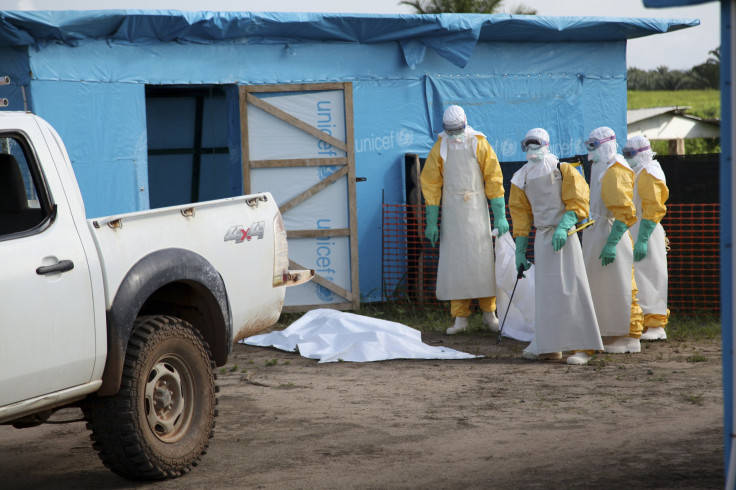
The world and more specifically West Africa is currently experiencing the worst Ebola outbreak in history with over 887 deaths as of Aug. 4. Due to the ever growing tragic death toll, many people are worried about what would happen if the Ebola virus spread to the United States, and unfortunately it already has. As of Saturday, Aug. 2, the American doctor, Kent Brantly, who contracted the virus while treating patients in Liberia arrived in Atlanta.
His arrival marked the first ever incident in which a person with an incurable disease was brought into the United Sates for treatment. While Kent Brantly’s arrival on U.S. soil has only raised fear and anxiety levels regarding Ebola, health experts have quelled this fears, claiming that the general public faces little risk of contraction. In addition to Brantly’s contraction of Ebola, a second American has been infected in Liberia. Nancy Writebol, a missionary working in Liberia, is the second American to fall ill, and she too, has been airlifted out of the Africa to receive treatment in the US, however her plane does not arrive until Tuesday.
The worst case scenario for an Ebola outbreak in the United States would not be nearly as devastating as the virus’s current rampage in Africa. Health experts’ state that Ebola will and is (in the case of Dr. Kent Brantly) able to be contained rather quickly if an outbreak was to occur in the United States, mainly due to medical resources and technology. West Africa is suffering greatly for a number of reason, mainly due to a lack of medical resources. However, the Ebola outbreak is only hastened due to the Africa’s inadequate infection control measures, and the average Africa citizen’s mistrust of professional in health care facilities. In conclusion, the United States public-health infrastructure is far more organized, making containing a virus an easier feat.
And while there have been extreme measure taken by the CDC and Emory University Hospital, which is treating Kent Brantly and will treat Nancy Writebol on her arrival, there is still a small risk for an outbreak. If this was to occur in the United States, healthcare professionals would work to identify the outbreak in 24 hours. The virus is only spread through touching an infected patient’s bodily fluids, like vomit, diarrhea, sweat, saliva, or blood.
Dr. Tom Frieden of the US CDC stated "If there are patients with possible Ebola or confirmed Ebola in hospitals, that doctors and the entire healthcare team are super careful, they have protocols in place and make sure that everyone of those protocols is followed." Meaning that Ebola cannot be spread through the air, even if a patient is already contagious. Once the patient with Ebola is identified, he or she would be isolated. Following isolation, health care workers would treat the patient however due to Ebola’s virus nature, it can’t be technically cured. Frieden admitted, "The plain truth is that we can stop Ebola, we know how to control it."
© 2025 Latin Times. All rights reserved. Do not reproduce without permission.





